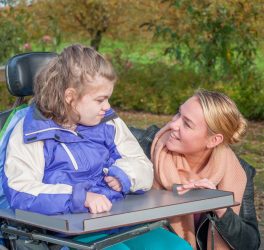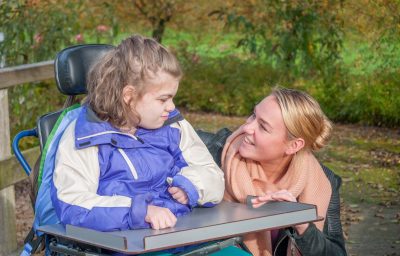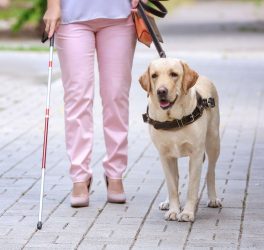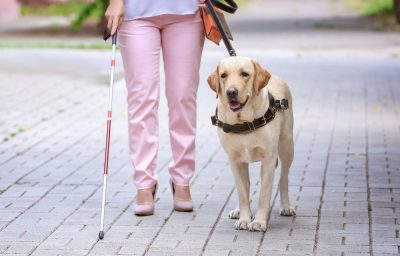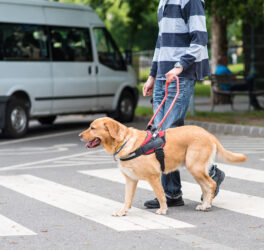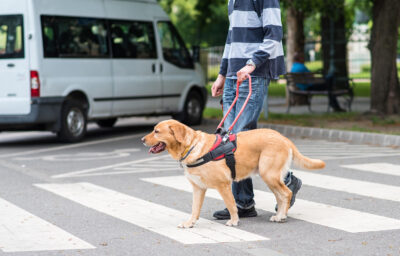
The COVID-19 crisis has exposed cracks in the NDIS system that are leaving people with disabilities behind and neglected, forcing them to stay in the hospital for months or even years longer than necessary, according to a recent ministerial briefing note.
In the note dated March 27, the acting senior policy officer in the Disability and Multicultural Health Unit said on average, these patients “usually wait two-to-three months to leave hospital and sometimes years. This is far too long, especially considering that patients with comorbidities are at a greater risk of fatality as a result of COVID-19,” he wrote.
“NDIS participants in acute and subacute public beds would be exposed to and are at high risk of contracting the virus.”
Information obtained under the Queensland’s Right to Information laws show in late March this year, 296 patients in Queensland Health beds were eligible for the National Disability Insurance Scheme (NDIS) and ready to be discharged.
The policy officer recommended the Minister write to both the Commonwealth Ministers for Social Services, Health, Aged Care, and the NDIS to request an urgent response to discharge long-stay patients at risk of contracting COVID-19.
“With urgent action from the NDIA [National Disability Insurance Agency], long-stay patients could be discharged within days or weeks,” the briefing note said.
“While local NDA staff are attempting to fast-track patient discharge, they are continuing to strictly adhere to the NDA usual policy positions.
“There is no flexibility to consider innovative but safe options for this patient cohort.”
Queensland Health sent a letter to the Federal Government in April requesting urgent action. Since then, 392 long-stay patients have been moved out of hospitals and into “appropriate accommodation”.
“We’re asking that they [the Federal Government] keep up that commitment,” a Queensland Health spokesman was quoted by ABC news as saying.
“The patients were medically fit for discharge but could not leave the hospital without access to the appropriate disability supports and accommodation, with most being eligible for the NDIS.
“We encourage the NDIA to take the lead in the ongoing effort to make sure these patients have access to the support and accommodation that suits their needs best.”

